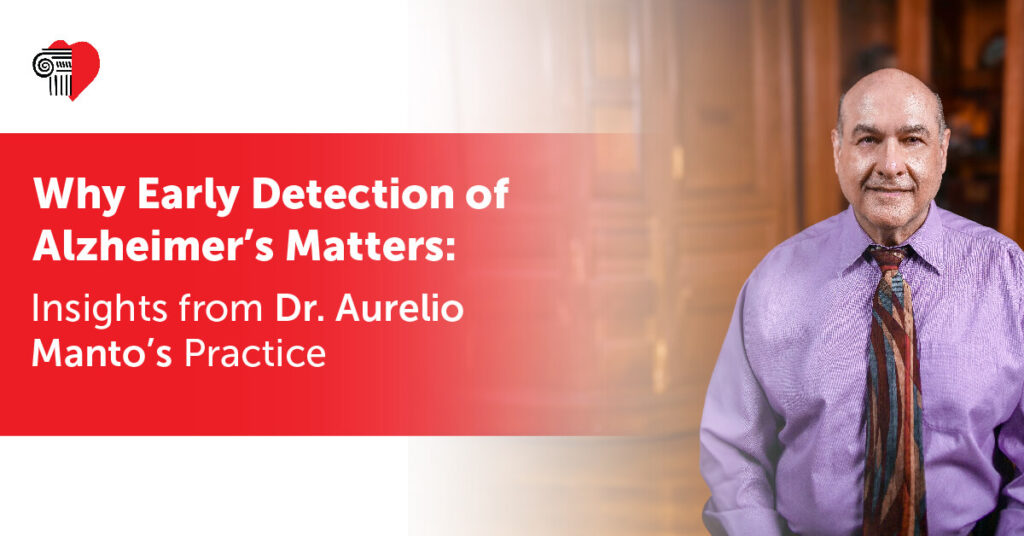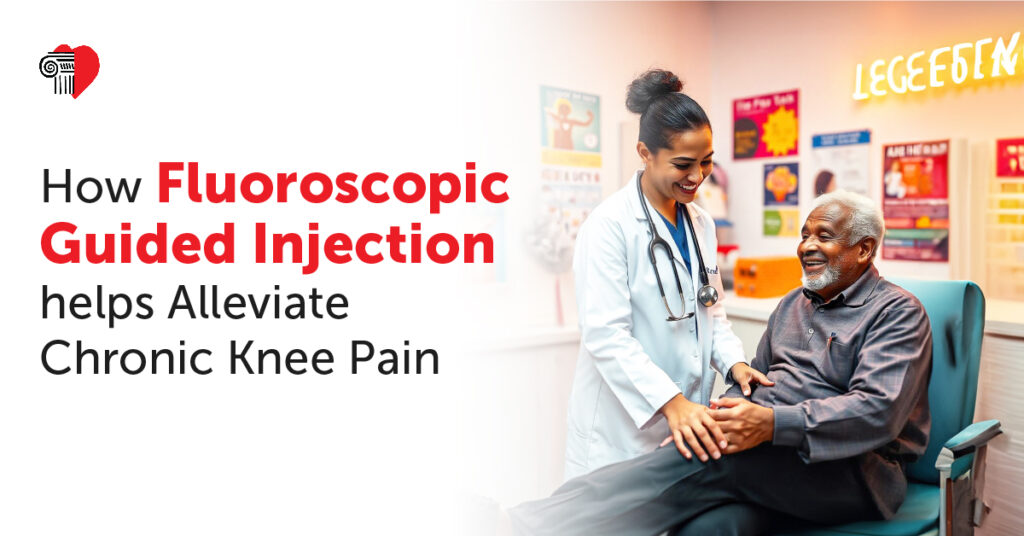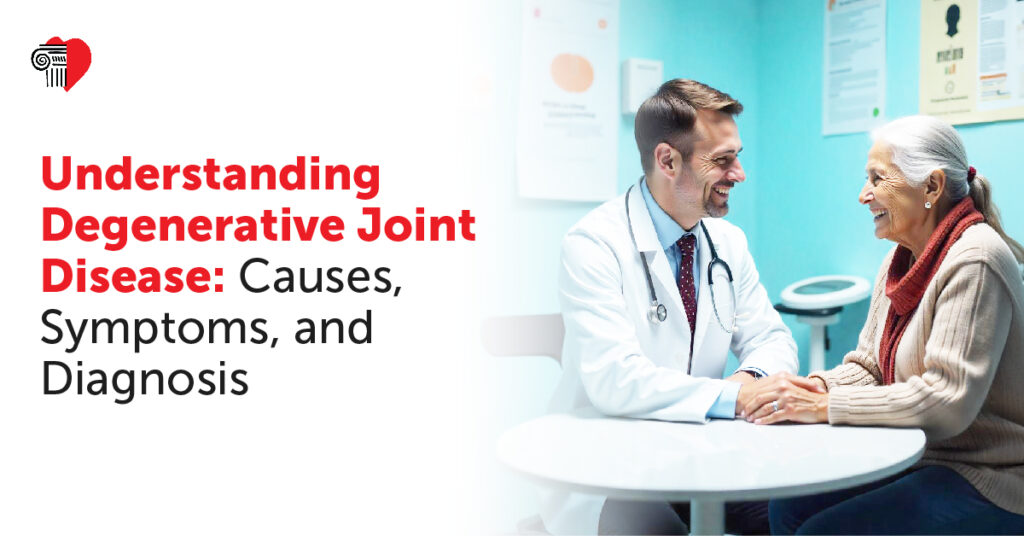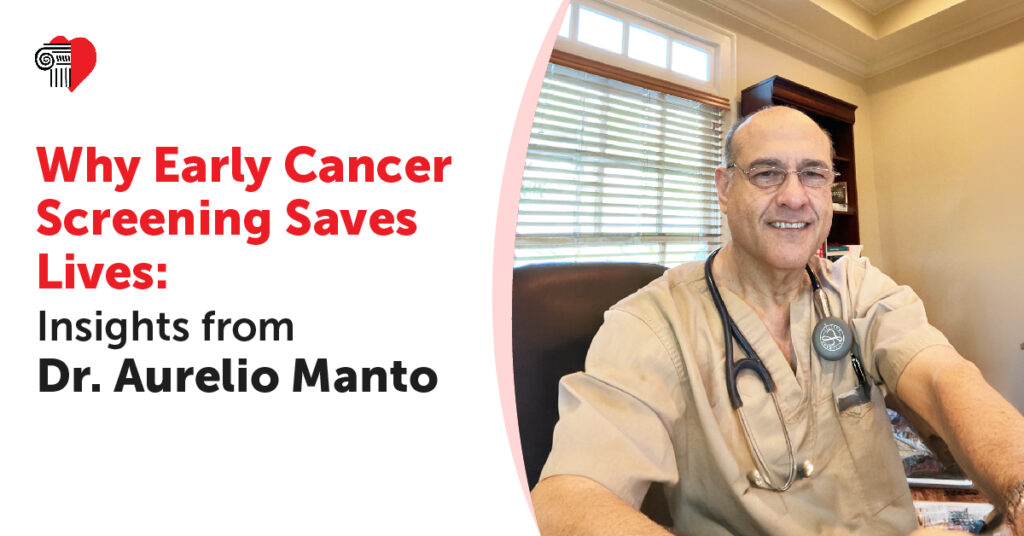
Why Early Detection of Alzheimer’s Matters: Insights from Dr. Aurelio Manto’s Practice
Alzheimer’s disease, a progressive neurological condition, is one of the leading causes of dementia worldwide. Affecting millions, it’s a condition that slowly chips away at memory, thinking abilities, and even the simplest daily tasks. For many families, the journey through Alzheimer’s begins with small, seemingly inconsequential lapses in memory—a forgotten appointment, a misplaced item, or difficulty recalling a familiar name. However, what may appear as harmless forgetfulness could be the first signs of a larger, more concerning issue. This is where early detection becomes crucial, and why Dr. Aurelio Manto’s innovative approach stands out in Alzheimer’s care.
Understanding Dementia and Alzheimer’s Disease
Dementia is a chronic cognitive decline that interferes with daily life, and Alzheimer’s disease is its most common cause in individuals over 60. Unlike normal aging, Alzheimer’s is progressive, meaning it worsens over time, affecting memory, reasoning, and personality.
Initial symptoms often include memory problems, such as difficulty recalling recent events or conversations. Over time, these challenges expand to include struggles with language, spatial awareness, and decision-making. Unfortunately, many people delay seeking medical advice until the disease has significantly advanced, making treatment less effective. This highlights the critical importance of early detection.

The Importance of Early Detection
The most effective treatments for Alzheimer’s work best in its early stages. As the disease progresses, brain damage becomes harder to manage, limiting the potential for improvement. Early detection allows for timely intervention, slowing progression and enhancing quality of life.
Diagnosing Alzheimer’s early also provides patients and families with valuable time to plan for the future. This includes arranging care, making financial decisions, and discussing advanced care preferences. Early diagnosis also opens the door to participation in clinical trials and access to cutting-edge treatments that may not otherwise be available.
Advanced Approaches to Early Detection
Advanced diagnostic methods are crucial for catching Alzheimer’s disease in its earliest stages. These include a combination of cognitive testing and biomarker blood tests, which provide critical insights into cognitive health.
Cognitive Testing
Cognitive testing assesses memory, attention, problem-solving, and language skills, identifying subtle changes before symptoms become evident in daily life. These non-invasive tests provide a baseline for tracking cognitive changes over time, offering clarity and direction for patients and their families.

Biomarker Blood Tests
Biomarker blood tests are a groundbreaking tool in Alzheimer’s diagnostics. These tests detect proteins such as beta-amyloid and tau, which are associated with Alzheimer’s pathology. Minimally invasive and highly accurate, these tests can reveal early disease-related changes, enabling interventions and lifestyle modifications to slow progression.
The Value of a Comprehensive Approach
An advanced, patient-centered approach to Alzheimer’s diagnosis and care emphasizes early detection and personalized treatment plans. Comprehensive care may include medications, cognitive therapy, and lifestyle changes to optimize brain health. This approach also acknowledges the importance of caregiver support, as Alzheimer’s disease affects entire families.
Establishing Hope Through Early Diagnosis
An Alzheimer’s diagnosis can be overwhelming, bringing with it a wave of uncertainty and fear. However, early detection transforms this daunting reality into an opportunity for hope and proactive management. Identifying the disease in its initial stages allows patients to take an active role in their care journey, making informed decisions about treatment options and lifestyle adjustments. It also provides the chance to explore emerging therapies and participate in clinical trials, fostering a sense of empowerment in navigating the road ahead.
Early diagnosis goes beyond merely identifying a condition—it’s about offering clarity and a pathway to possibilities. Patients and their families can better plan for the future, arrange supportive care, and maintain a higher quality of life for longer.
With the continuous evolution of diagnostic tools and treatments, the future of Alzheimer’s care shines brighter. Proactive and innovative approaches ensure that patients and their families face challenges with resilience, confidence, and enduring hope.







